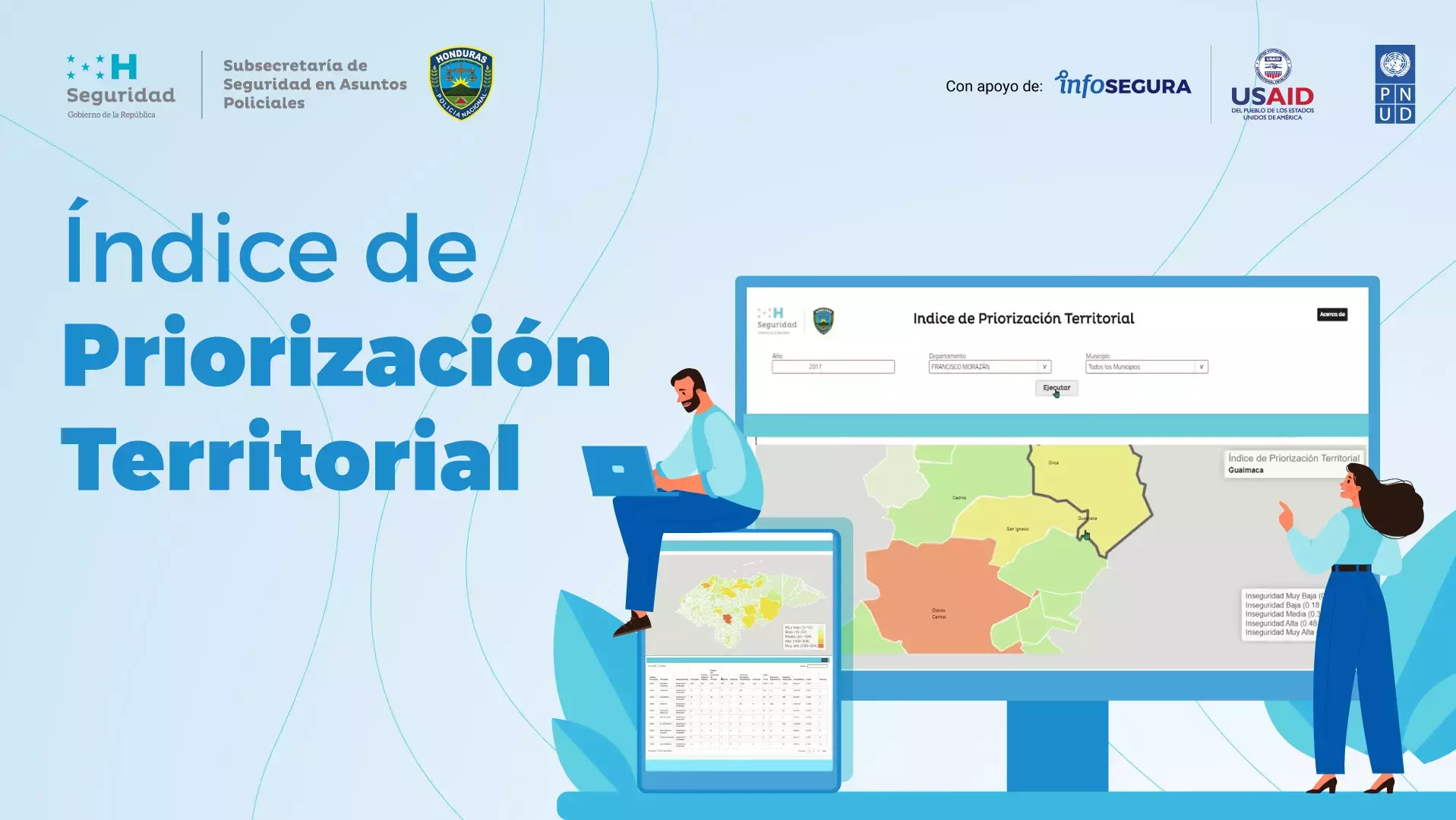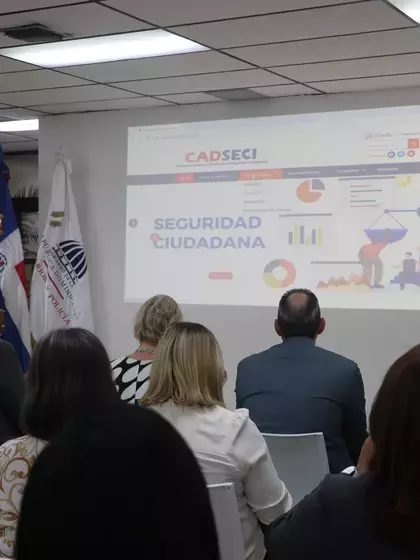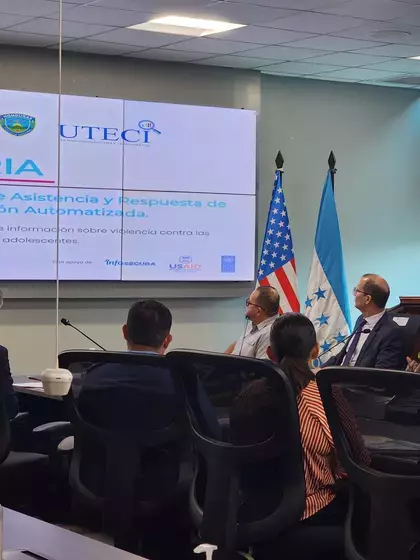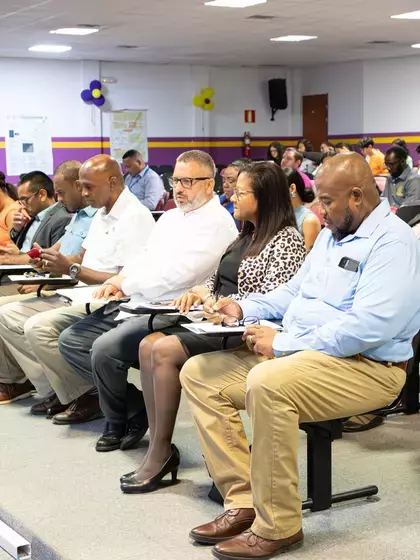Territorial Prioritization Index, a new citizen security and coexistence analysis tool in Honduras

What is it?
The Territorial Prioritization Index (TPI) is a territorial/municipal targeting and intervention tool that makes for a more integral and comprehensive approach to issues of citizen security and coexistence in the 298 municipalities in Honduras.
The output is a more robust and solid situational analysis of the 298 municipalities identifying a variety of threats and vulnerabilities accurately targeting citizen security policies where needs are most urgent.
Download the full analysis by clicking here
What is it for?
Municipalities are identified and classified according to different threats and vulnerabilities.
Local citizen security policies are accurately targeted to address the most urgent needs in the 298 municipalities in the country.
Greater accuracy can be expected in designing local solutions and assigning resources.
How has this been put to use in the past?
An initial TPI was fundamental in the 2019 expansion in the number of Citizen Coexistence and Security Observatories.
How will this be put to use moving forward?
The TPI will inform local decision making processes and guide the Honduras 2023-2032 Comprehensive Citizen Security Policy that is both gender responsive and rights-based, as it facilitates interpreting statistical information for making decisions by pointing out where the most urgent local needs are in terms of insecurity and violence.
This Territorial Prioritization Index has been the outcome of strategic coordination between the Secretariat of Security's Sub-Secretariat for Security in Police Affairs in Honduras and national institutions that produce information on citizen security1 with the support of the United Nations Development Programme (UNDP) and the United States Agency for International Development (USAID) through the InfoSegura Regional Project, in order to build capacities for developing evidence-based public policies that are gender responsive and have an important prevention component, using official information that is high quality, consensus-based and transparent.
The Territorial Prioritization Index is available on the Citizen Security Open Data Portal.
Source: Technical Working Group on Violent Deaths National Police, Public Ministry/Directorate of Forensic Medicine. National Registry of Persons. Citizen Coexistence and Security Observatories. National Statistics Institute. ONV-IUDPAS/UNAH. Sub-Secretariat for Security in Police AffairsTechnical Inter-Institutional Coordination Unit (UTECI)





